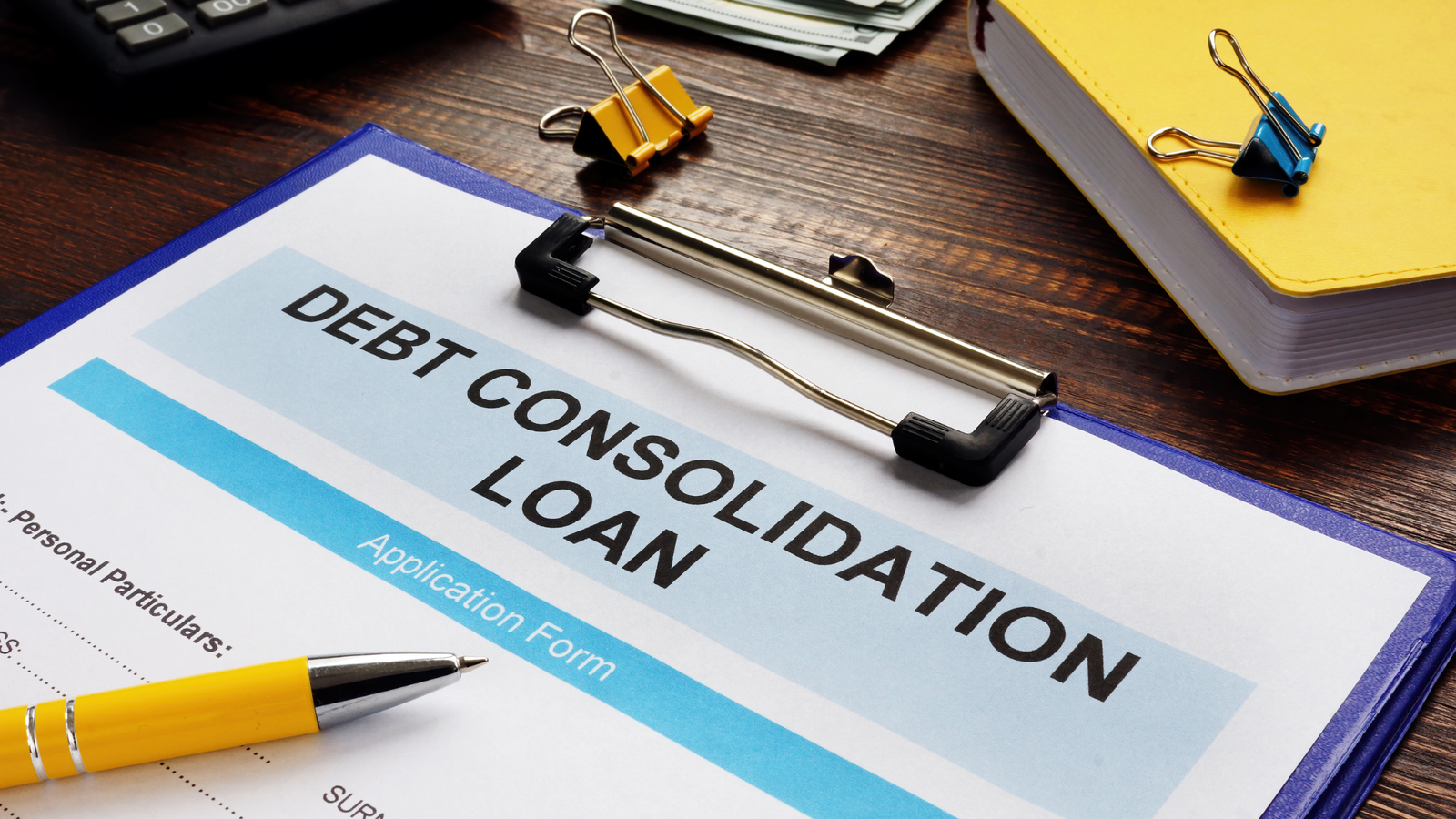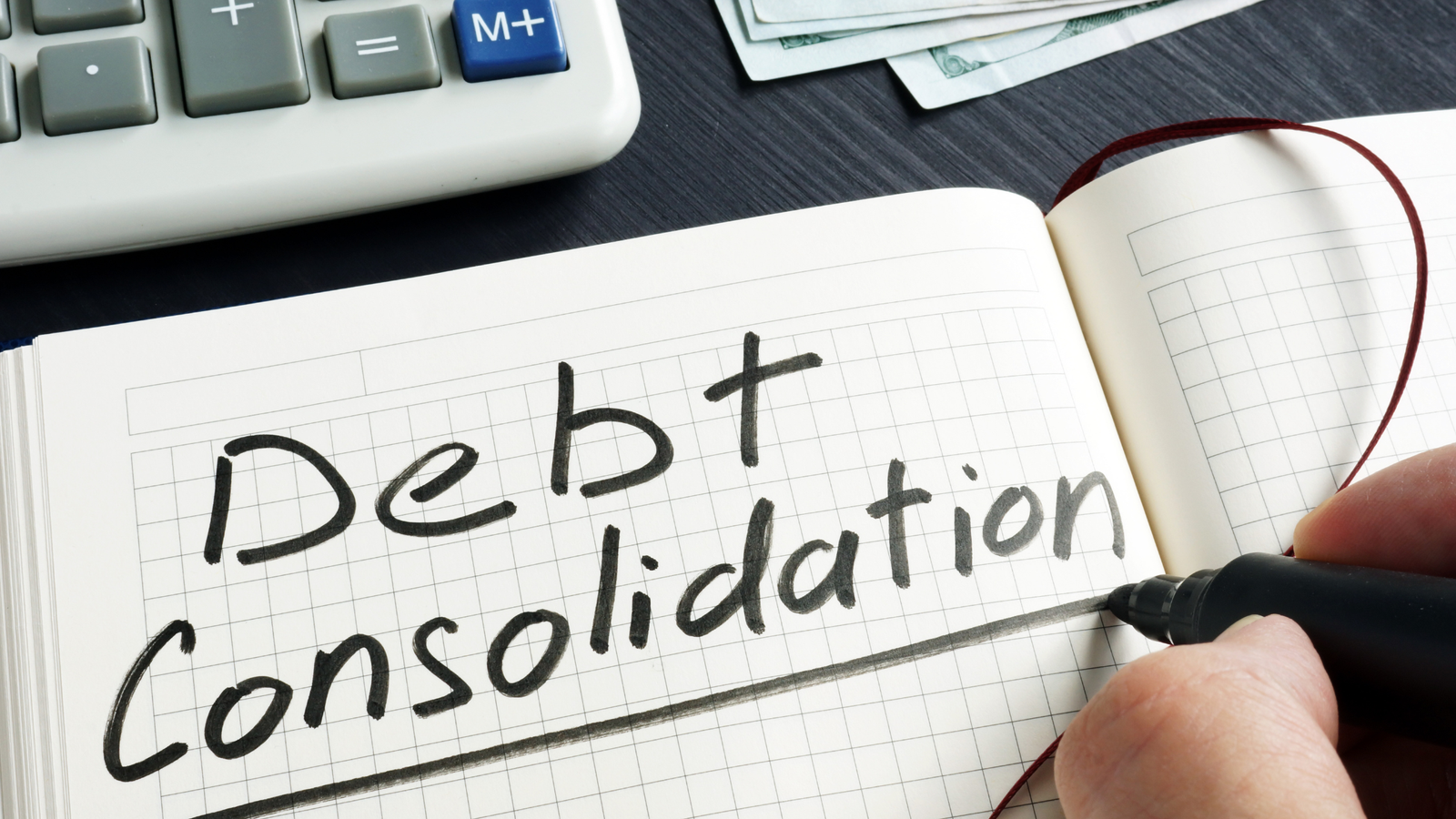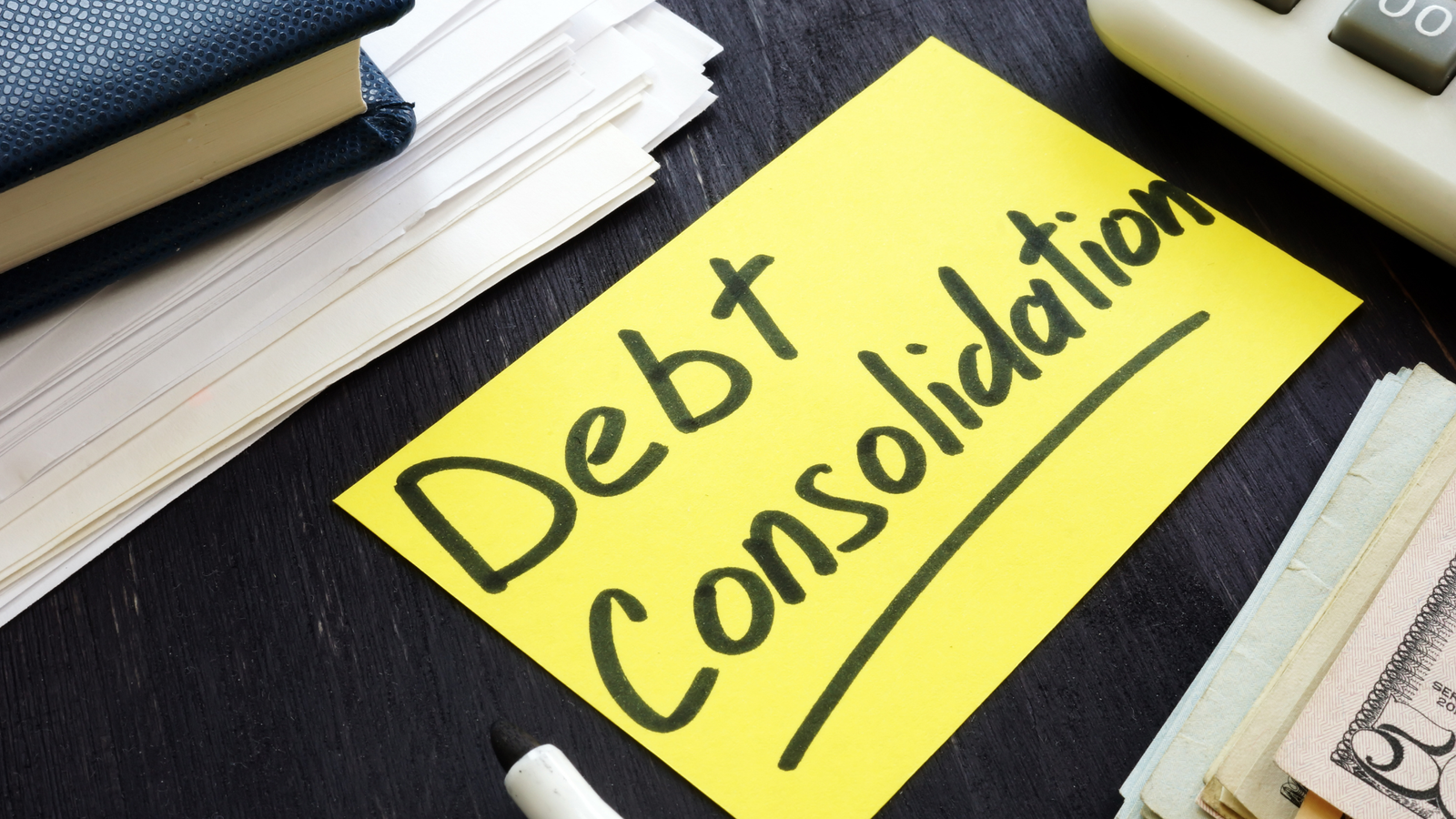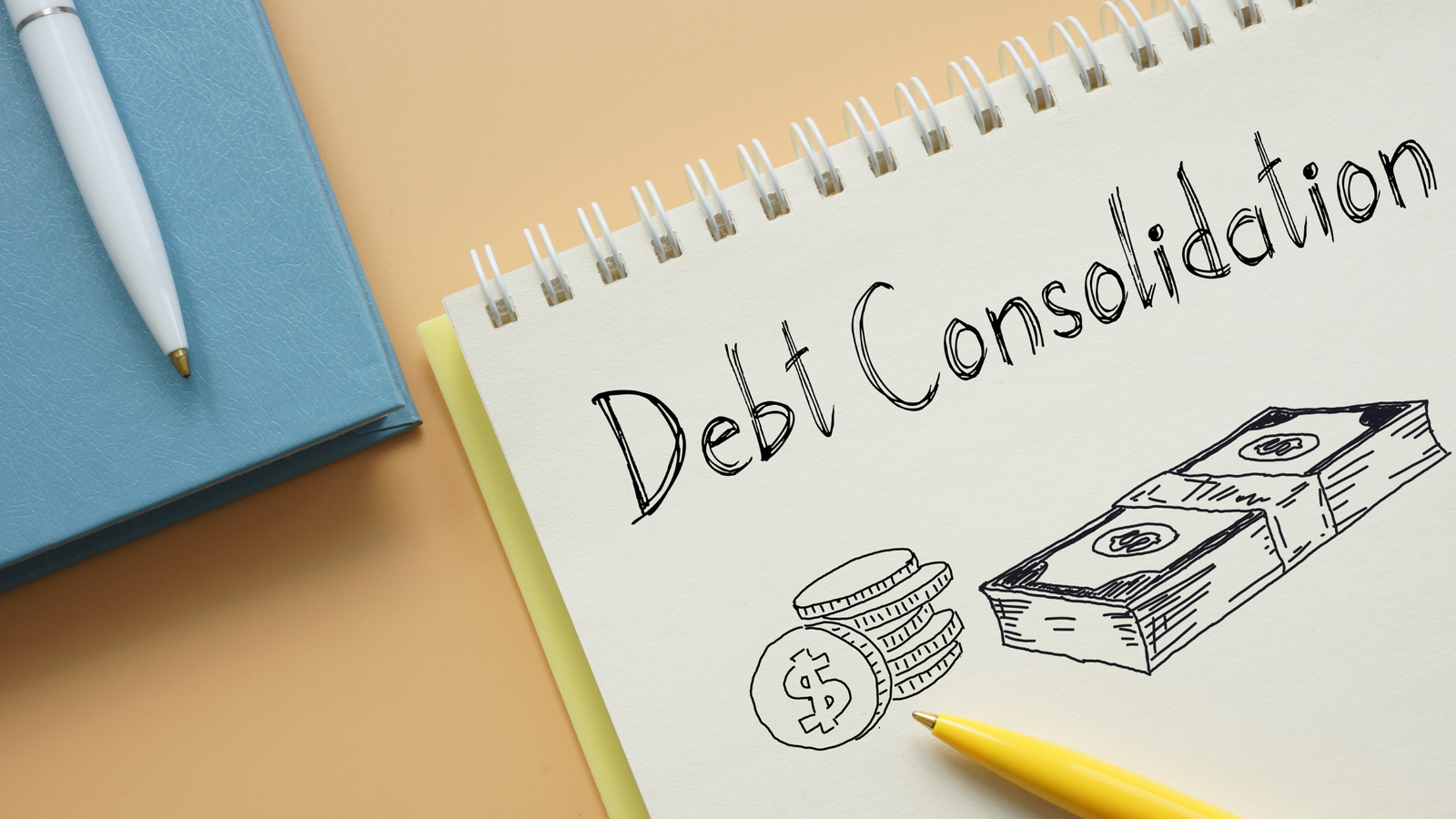Debt consolidation is a financial strategy that often remains shrouded in confusion and apprehension for many people. In this article, we will demystify debt consolidation, break down what it is, how it works, and help you navigate your way to financial freedom. Let’s embark on this journey towards clarity and financial stability.
Understanding Debt Consolidation
Debt consolidation is a financial tool aimed at simplifying your financial life and making it more manageable. It involves combining multiple debts into a single, more convenient payment. This can be achieved through various methods, such as a consolidation loan, a debt management plan, or balance transfer credit cards. The primary goals are to streamline your payments, reduce your interest rates, and potentially lower your monthly obligations.
The Whys and Wherefores of Debt Consolidation
If you are grappling with multiple debts, debt consolidation can offer several benefits:
- Simplified Finances: It reduces the complexity of managing various debts by combining them into one.
- Lower Interest Rates: Debt consolidation often comes with lower interest rates, which can decrease the overall cost of your debt.
- Reduced Monthly Payments: Extended loan terms can lead to more affordable monthly payments.
- Potential Credit Score Improvement: Timely payments on a consolidation loan can positively impact your credit rating.
The Mechanics of Debt Consolidation
Debt consolidation operates through a series of steps that make your financial life more manageable:
- Assessment: The process begins with a thorough assessment of your financial situation to determine the most suitable consolidation method for you.
- Consolidation Loan: If your assessment points toward it, you’ll receive a loan specifically designed to cover your existing debts, typically with a lower interest rate.
- Debt Repayment: The funds from the consolidation loan are used to pay off your individual debts.
- Single Monthly Payment: You are then left with a single monthly payment at a typically lower interest rate, making it easier to manage.
Is Debt Consolidation Right for You?
Debt consolidation is not a one-size-fits-all solution. Here are five signs that it might be the right financial path for you:
- Numerous Debts: If you’re struggling to keep up with multiple debts, such as credit cards, loans, or medical bills, consolidation can help streamline your finances.
- High-Interest Rates: If you find yourself burdened by high-interest rates, a consolidation loan with a lower rate can save you money over time.
- Overwhelming Monthly Payments: If making minimum payments feels overwhelming, debt consolidation can provide lower, more manageable monthly payments.
- Desire for a Structured Plan: Debt consolidation offers a structured, fixed plan for paying off your debts, making it easier to budget.
- Credit Score Improvement: If you’re looking to rebuild your credit, making consistent payments on a consolidation loan can help.
Selecting the Right Debt Consolidation Company
When considering debt consolidation, choosing the right company is critical. Here are some factors to consider:
- Credibility: Ensure the company holds the necessary licenses and accreditations to operate legally.
- Fees: Understand all the costs involved, including application fees, origination fees, and any ongoing fees.
- Interest Rates: Verify that the interest rates offered are competitive and lower than your current rates.
- Customer Reviews: Research the company’s reputation and read customer reviews to gauge satisfaction levels.
Life After Debt Consolidation: Your Path to a Debt-Free Future
Debt consolidation is not the final destination but a stepping stone on your financial journey. Here’s what to expect after you’ve consolidated your debts:
- Maintaining Timely Payments: Continue to make timely payments on your consolidation loan to improve your credit score.
- Budgeting: Create a budget to ensure you don’t accumulate new debt and can meet your financial goals.
- Building an Emergency Fund: Having an emergency fund will allow you to handle unexpected expenses without resorting to credit.
In Conclusion
Demystifying debt consolidation and deciding whether it’s the right financial strategy for you requires an understanding of its fundamentals, an assessment of your unique financial situation, and selecting a reputable debt consolidation company. By making informed choices, you can pave the way for a debt-free future and attain financial stability. Remember, your journey to financial freedom begins with well-informed decisions.
Are you ready to compare debt consolidation companies to find one that works for you? Check out our comparison guide covering the best debt consolidation companies.










